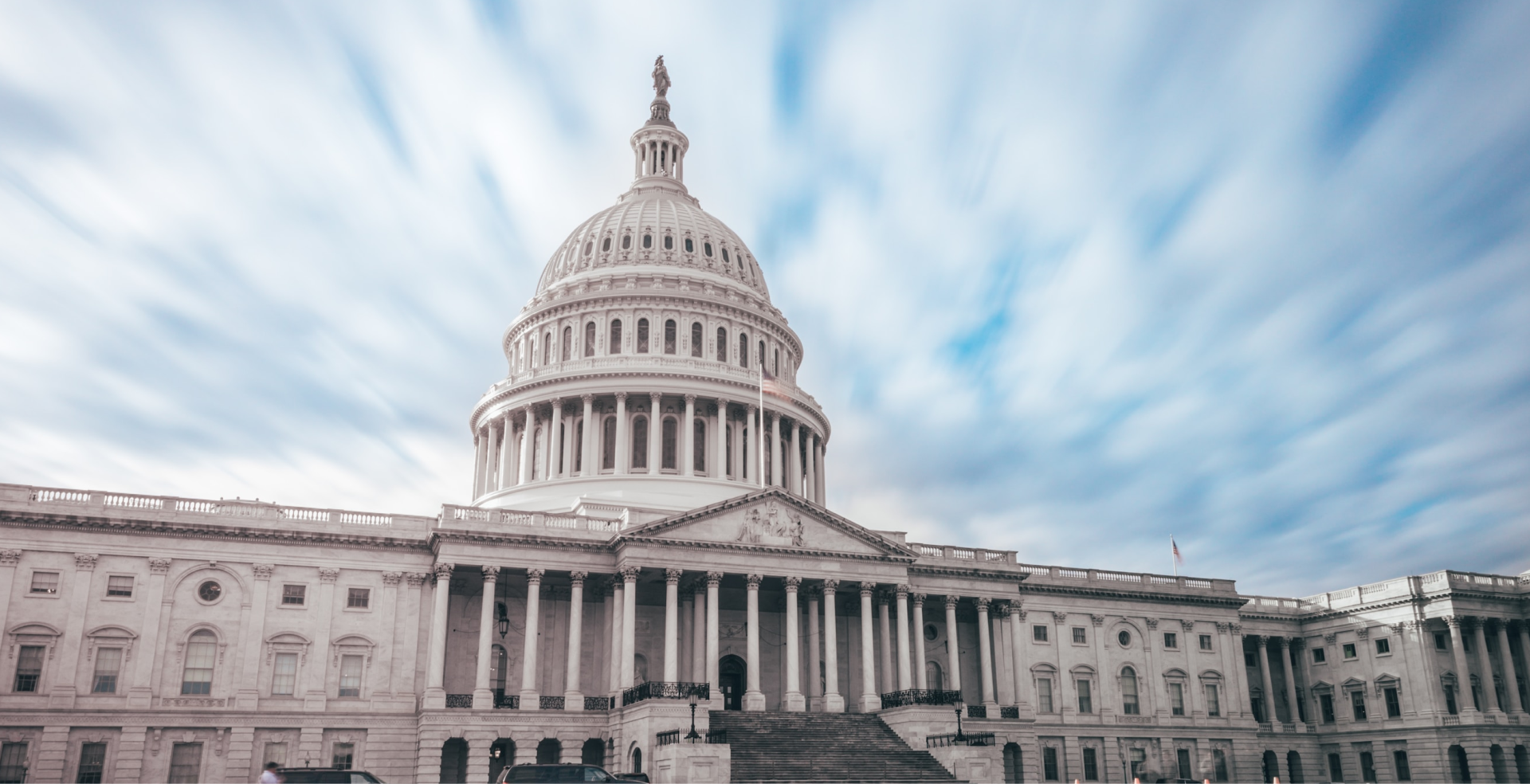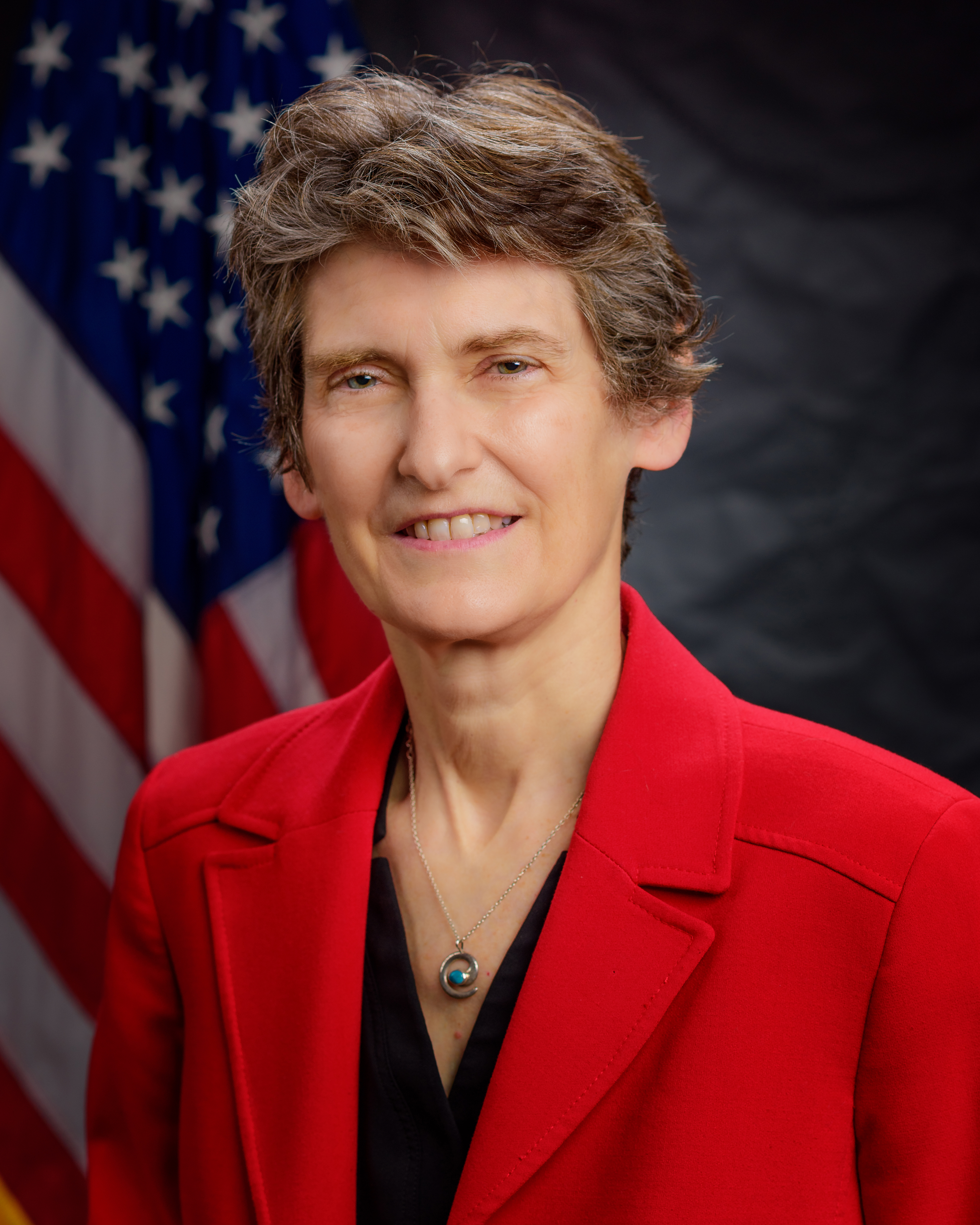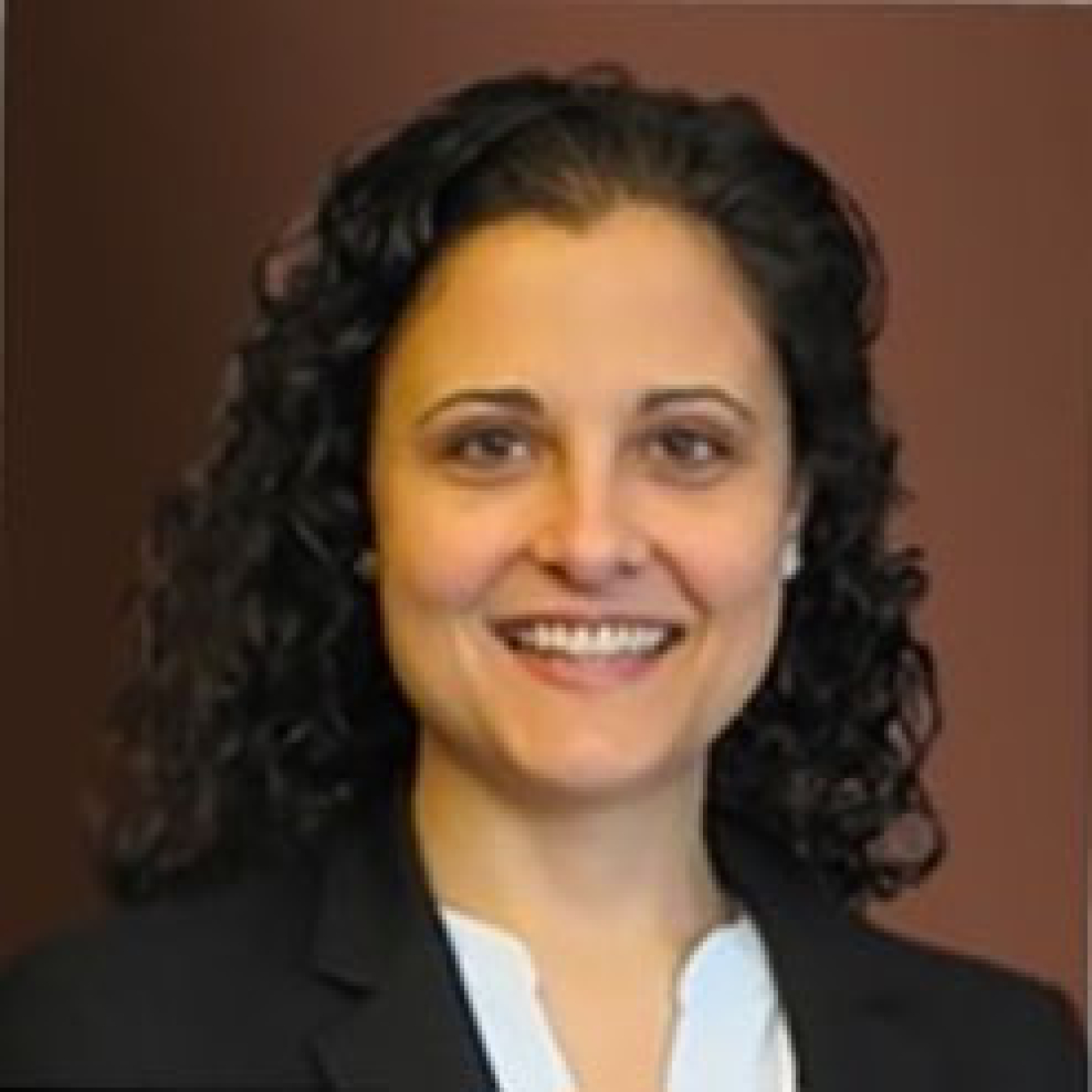
2023 Agenda
REM™ 2023 Agenda and Presentations
Renewable Energy Markets™ is an annual conference series that features panel discussions offering in-depth exploration of key issues affecting the advancement of voluntary renewable energy markets.
To download the presentations, click on the session titles below in orange.
Monday, September 18, 2023
| 10:00 – 11:30 AM |
Pre-Conference Workshop: Global Impacts of Evolving International Energy StandardsSOUTH AMERICAN AB The International Standard setters for the global energy markets will come together in this workshop setting to update attendees on the evolution of their Standards – and future goals they have in mind - to accelerate and support the expanding international energy markets. Speakers:
|
| 1:00 – 2:30 PM |
Pre-Conference Workshop: Voluntary Renewable Energy Markets 101SOUTH AMERICAN AB Are you new to the renewable energy industry, or do you have new employees that would benefit from our Voluntary Renewable Energy Markets 101 Session? Get a valuable baseline education from renewable energy experts before launching into the conference! This workshop, sponsored by the U.S. Environmental Protection Agency and Center for Resource Solutions (CRS), is designed to provide background and information resources essential for maximizing attendees' experience of the conference. Expert speakers will provide a general overview of green power and a brief history on the development of a market for clean, renewable energy. Attendees will receive a detailed introduction to the key industry issues, players and products that affect the progress of green power, as well as insight on past, present and future market indicators. Speakers:
|
| 3:00 –5:00 PM |
Pre-Conference Workshop: Identifying Renewable Energy Market Consensus on Updates to Market-based Scope 2SOUTH AMERICAN AB Join renewable energy market leaders for an in-depth discussion on key potential market-based accounting changes that could be critically relevant to renewable energy markets such as the future of dual reporting, data hierarchy refinements for temporal granularity and standard delivery clean electricity, expanding or constricting eligible market boundaries, and the potential for new impact-based quality criteria. Participants will engage directly in interactive conversations, gain historical context from peers closely involved in the initial development of the Scope 2 Guidance, consider the feasibility of any potential updates, and begin to identify areas of consensus that can inform stakeholder’s participation in the GHG Protocol Scope 2 Guidance update process going forward. Familiarity with the current Scope 2 Guidance is encouraged, but not required. |
| 5:00 – 9:00 PM |
Registration and Exhibitor FloorCAPITAL TERRACE |
| 7:00 – 9:00 PM |
Opening Night ReceptionNORTH GATE GRILL (Lobby Level) Let's kick off the conference and reconnect with the REM™ community. Stop in for light refreshments and get reacquainted with colleagues as well as network with other conference attendees before the programming begins. See you there! |
Tuesday, September 19, 2023
| 8:00 AM |
Registration Opens and Exhibitor FloorCAPITAL TERRACE |
| 8:00 – 9:00 AM | CONTINENTAL BREAKFAST CAPITAL TERRACE |
| 9:00 – 9:30 AM |
Welcome Remarks and KeynotesPRESIDENTIAL BALLROOM 
Janet McCabe Janet McCabe, Deputy Administrator for the U.S. Environmental Protection Agency will be a keynote speaker at REM™ 2023. She returned to EPA after spending seven years working as Acting Assistant Administrator and Principal Deputy to the Assistant Administrator in the Office of Air and Radiation under President Barack Obama. Prior to rejoining EPA, Janet McCabe was a Professor of Practice at the Indiana University and Director of the IU Environmental Resilience Institute. Over the course of her career, McCabe has spent time working for EPA's air office, state environmental agencies, and at a children's environmental health advocacy organization based in Indianapolis. 
Mary Sotos Mary Sotos is the Director of the Federal Energy Management Program (FEMP). She leads a team dedicated to helping federal agencies achieve sustainable facilities and fleets by assisting with federal-wide data collection and aggregation, developing reporting tools and technical assistance, and offering training and project funding. Sotos previously served as a senior policy advisor with the Connecticut Department of Energy and Environmental Protection. Mary also worked at the Greenhouse Gas Protocol Program at the World Resources Institute, an international think tank, where she developed new global carbon accounting standards and tools used by thousands of organizations worldwide. |
| 9:30 – 10:30 AM |
Power TablePRESIDENTIAL BALLROOM Don't miss this lively and informative conversation by major players regarding the highly dynamic landscape for renewable energy markets and market growth opportunities.Speakers:
|
| 10:30 – 11:00 AM | NETWORKING BREAK
|
| 11:00 AM – 12:00 PM |
Overview of Green Hydrogen Production Pathways and UsesSOUTH AMERICAN AB
Track:
RENEWABLE FUELS Speakers:
Renewable Energy Accounting for Scope 2 in the Greenhouse Gas Protocol Updates ProcessCONGRESSIONAL
Tracks:
POLICY • CORPORATE PROCUREMENT • INTERNATIONAL
The GHG Protocol is undergoing an update process for its Scope 2 indirection emission carbon accounting guidance, with outcomes that could have major effects on the voluntary renewable electricity market. While much is left to be determined, panelists will debate differing perspectives around the current paradigm and potential changes. Finally, the update process and timeline will be reviewed, as well as how to get involved. Speakers:
Inflation Reduction Act Opportunities for Unlocking Renewable Energy FundingFEDERAL AB Tracks: POLICY • CORPORATE PROCUREMENT Discover how communities and institutional buyers can utilize the Inflation Reduction Act (IRA) to rapidly scale clean energy initiatives nationwide. Explore direct pay incentives for clean energy, collaborative opportunities, key considerations for implementation, and stacking incentives to accelerate clean energy deployment. Gain valuable insights from upcoming federal guidance, including domestic content requirements and implementation models. Learn from real-world examples and best practices to maximize the potential benefits of the IRA. Don't miss out on this opportunity to unlock funding and drive the transition to a cleaner and more sustainable future. Speakers:
Solutions for Embedding Equity into Program DesignSENATE
Track:
RESIDENTIAL Supporting program design for highly impacted communities and vulnerable populations helps ensure these communities have a say in the development of these programs. Panelists will touch on different approaches and programs that address this issue. Examples include Allume (solar for LMI/multi-family housing), EBCE (CCAs and community solar), and PSE (community engagement). Speakers:
|
| 12:00 – 1:30 PM |
 Green Power Leadership Awards LuncheonPRESIDENTIAL BALLROOM Join us as we honor the inspirational leadership of green power purchasers, suppliers, organizations and individuals who are advancing green power markets. Awards will be presented by the U.S. EPA and Center for Resource Solutions. |
| 1:30 – 2:30 PM |
GHG Protocol: Tracking Guidance of Renewable Fuel Qualifications as a Scope 1 ReductionSOUTH AMERICAN AB Tracks: RENEWABLE FUELS • POLICY • CORPORATE PROCUREMENT In September 2022 WRI launched Land Sector and Removals Guidance, which is a supplement to the Scope 3 standards. The methodology proposed in Annex B of this guidance could have a severe impact on the consumer demand for renewable fuels. This session will provide an introduction and overview of this guidance and dive into their implications on both compliance and voluntary markets of renewable fuels. Speakers:
Barriers and Solutions to Renewable Energy DevelopmentSENATE Tracks: POLICY • CORPORATE PROCUREMENT Panelists will discuss how states are overcoming local ordinance restrictions as well as what is needed at the federal level to balance the need to site renewables and transmission with community input and environmental justice considerations. Speakers
Emerging Carbon-Free Energy and Hourly Matching Programs: Meeting Customer NeedsCONGRESSIONAL Tracks: POLICY • CORPORATE PROCUREMENT As customers look to increase the impact of their carbon-free energy procurement, some have devoted themselves to procuring clean energy when they need it, transitioning from matching their procurement to their load on an annual basis to doing so at the much more granular hourly basis. This panel delves into the latest considerations when creating solutions catered towards these customers, including what challenges exist pivoting to time-based procurements and what opportunities are uncovered with this new procurement strategy. This discussion aims to uncover strategies for efficiently meeting customer needs while driving the transition towards a cleaner and more resilient energy landscape. Speakers:
How to Communicate With Your Customers About Your Green Energy ProductsFEDERAL AB Track: RESIDENTIAL We'll cover the basics on marketing and messaging renewable energy to the right audience. Understanding LMI customers and what messages resonate with them will be an integral focus of the session. Speakers:
|
| 2:30 – 2:45 PM | NETWORKING BREAK |
| 2:45 – 3:45 PM |
Small Group DiscussionsPRESIDENTIAL BALLROOM This session will feature informal roundtable discussions with a table lead for each. Groups will rotate after 20 minutes.
|
| 3:45 – 4:00 PM | NETWORKING BREAK |
| 4:00 – 5:00 PM |
Carbon Offset and Renewable Fuel Solutions for Gas UtilitiesSOUTH AMERICAN AB Track: RENEWABLE FUELS Biomethane, also known as renewable natural gas (RNG), is increasingly becoming a solution for commercial and residential customers who want an effective way to use fuels with lower lifecycle greenhouse gas emissions, and offers a pathway to accelerate the transition to a clean energy economy. Join us to learn about how commercial and industrial (C&I) customers are engaging in this emerging market. We’ll also cover the gas utility programs that are leveraging a combination of RNG and carbon offsets for C&I and residential customers. Speakers:
Federal Policy Updates: Clean Air Act 111(b) and (d) and Inflation Reduction Act Hydrogen Production Tax CreditSENATE Track: POLICYThis session will provide updates on these two important policies affecting the electricity sector and explore their implications for renewable energy markets. Speakers:
Corporate Investments in Equity- and Environmental Justice–Centered Renewable Energy Projects
CONGRESSIONAL
Tracks:
CORPORATE PROCUREMENT Equity and Environmental Justice have been hot topics recently, and rightfully so considering the many communities who have historically been left behind are often the ones most impacted by climate change. However, debate remains on how to best support these communities utilizing definable and measurable metrics. This session will continue to evolve that conversation, along with sharing available resources and case studies that center corporate voluntary renewable energy investments around these important stakeholders. Speakers:
Latest Corporate PPA Trends and Lessons That Can be Applied in Emerging MarketsFEDERAL AB
Tracks:
INTERNATIONAL • CORPORATE PROCUREMENT The U.S. has 20+ years of experience in building out its RE market, and can share its experience, successes, and challenges around corporate PPA development for countries that are relatively new to the RE market. Different types of corporate PPAs, physical PPAs, financial PPAs, VPPA, etc. will be discussed. Speakers:
|
| 5:00 – 6:00 PM |
Green Power PartyCAPITAL TERRACE |
Wednesday, September 20, 2023
| 8:00 – 9:00 AM |
CONTINENTAL BREAKFAST |
| 8:00 – 8:45 AM |
U.S. Renewable Energy Tracking Systems Workshop and BreakfastFEDERAL AB Join us for a discussion with tracking system operators to learn more about their latest efforts to track renewable energy, including coordination between systems, granular certificates, storage, and more. This session is interactive, and market participants are encouraged to attend.
Speakers:
WRISE Networking BreakfastSENATE Bring your breakfast and join us for a morning networking session, with welcome remarks from both WRISE and CRS leadership. Speakers:
|
| 9:05 – 9:30 AM |
Welcome Back and KeynotePRESIDENTIAL BALLROOM 
Lily Batchelder Ms. Batchelder is responsible for developing and implementing federal tax policies and programs, reviewing regulations and rulings to administer the Internal Revenue Code, negotiating tax treaties, and providing economic and legal policy analysis for international tax policy decisions. This includes responsibility for policy decisions related to implementation of the tax provisions in the Inflation Reduction Act. Before joining the Treasury, Ms. Batchelder was professor of law and public policy at NYU School of Law and an affiliated professor at the NYU Wagner School of Public Service. From 2010 to 2015, she was on leave from NYU, serving as deputy director of the White House National Economic Council and deputy assistant to the President, and as majority chief tax counsel for the US Senate Committee on Finance. |
| 9:30 – 10:30 AM |
State of the U.S. MarketsPRESIDENTIAL BALLROOM Get an inside look at the state of U.S. renewable energy markets, renewable fuels markets, and state renewable portfolio standards leveraging the latest data. Our expert panelists will provide their insights into where these markets are heading.
Speakers:
|
| 10:30 – 11:00 AM |
NETWORKING BREAK |
| 11:00 AM – 12:00 PM |
GHG Reduction Claims and Carbon Intensity Scoring for Renewable GasSOUTH AMERICAN AB
Track:
RENEWABLE FUELS Carbon intensity score is a key measure of the sustainability of renewable fuels. Experts will provide an overview of models available for CI score calculation, how to break life cycles CI into scopes, and give a deep dive into the California GREET model for renewable fuels. Speakers:
Interactions Between State Compliance and Voluntary MarketsCONGRESSIONAL
Track:
POLICY
How can clean energy standards, clean fuels standards, and cap & trade/invest programs work with the voluntary market to drive demand? Panelists will highlight updates on new CES policies (Illinois CEJA, Maryland Climate Solutions Act, NY CLCPA, and Washington Climate Commitment Act) and effects on voluntary markets. Speakers:
Progress Toward International Interconnections in Emerging Renewable Energy MarketsFEDERAL AB
Track:
INTERNATIONAL Electricity trading in EU is common, but regions such as Asia, the electricity grid is lacking integration. We'll examine the growing number of pilot projects for cross-border interconnections and discuss cross-border trading of EACs. Speakers:
|
| 12:00 – 1:30 PM |
LUNCH
|
| 1:30 – 2:30 PM |
Going Beyond Scopes 1 & 2: Engaging Your Supply Chain, Customers, and Employees in Renewable Electricity ProcurementCONGRESSIONAL Track: CORPORATE PROCUREMENT As companies look to rapidly reduce emissions, many are targeting their value chain emissions as they overwhelmingly represent the largest area for improvement. However, this presents many challenges, including how to engage these diverse stakeholders to encourage renewable energy procurement and carbon accounting ambiguity. This panel will share best practices in value chain engagement and clarify some carbon accounting implications, including how to buy renewable energy for others. Speakers:
Understanding IRA Tax Credits for Lower Carbon Hydrogen, Ammonia, and Renewable Natural Gas (RNG)SOUTH AMERICAN AB Tracks: RENEWABLE FUELS • POLICY The Inflation Reduction Act’s Section 45V is a promising signal on green hydrogen. The tax credits provided in the IRA can reduce the price difference between green hydrogen and more carbon-intensive alternatives. This session aims to unravel the IRA, the Section 45V tax credit for hydrogen, and explains how projects can qualify for the tax credit.
Speakers:
Making Wholesale Electricity Markets Work for Clean Energy TransitionSENATE Track: POLICY This session explores the evolution of wholesale market design and how it is supporting the clean energy transition Speakers:
Environmental Justice in State and Federal Energy PolicyFEDERAL AB Track: POLICY Explore the crucial dimensions of procedural, recognition, and restorative justice within energy policy at both state and federal levels. Delve into the imperative of equitable distribution of benefits and burdens across energy systems, as experts dissect the intricate interplay between environmental justice and energy policy, fostering a deeper understanding of how justice can be woven into the fabric of energy governance. Speakers:
|
| 2:30 – 3:00 PM |
NETWORKING BREAK |
| 3:00 – 4:00 PM |
New Markets and Future End Uses for Renewable GasSOUTH AMERICAN AB Track: RENEWABLE FUELS This session provides an update on current trends in renewable fuels. Panelists in this session will throw a light on low carbon solutions to decarbonize transport as well as industrial sectors. The possible solutions for near term applications will be discussed. Speakers:
The Role of Renewable Energy in Emerging Regulatory Reporting and Claims GuidanceFEDERAL AB Track: POLICY Explore the intricate relationship between renewable energy and the rapidly evolving realm of regulatory reporting and claims guidance in this engaging panel discussion. As renewable energy gains prominence in the global energy transition, experts from renewable energy, regulatory, and legal sectors will delve into how shifting regulatory frameworks impact renewable energy initiatives. Discover how claims and assurance intersect with regulatory reporting in the renewable energy sector, and uncover innovative solutions to harmonize practices and bolster credibility. Speakers:
Increasing Data Accessibility for Emerging Impact Strategies: 24x7, Demand Response, and Avoided EmissionsCONGRESSIONAL Track: CORPORATE PROCUREMENT With carbon reduction being the name of the game, differing renewable energy investment impact strategies have emerged that take into account the time and location of energy production and consumption. However, all of these strategies need more granular and accessible data. This panel will review these different impact strategies, including 24/7, demand response, avoided emissions and others, as well as identify current data sources available to help implement these strategies and where they fall short. Speakers:
|



